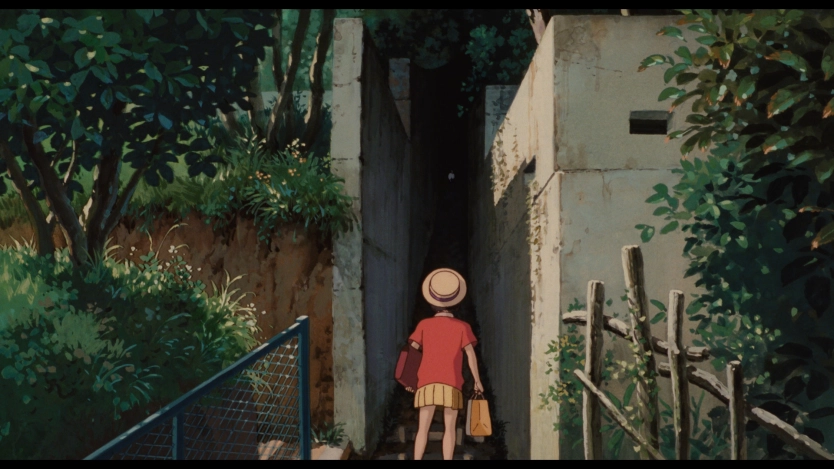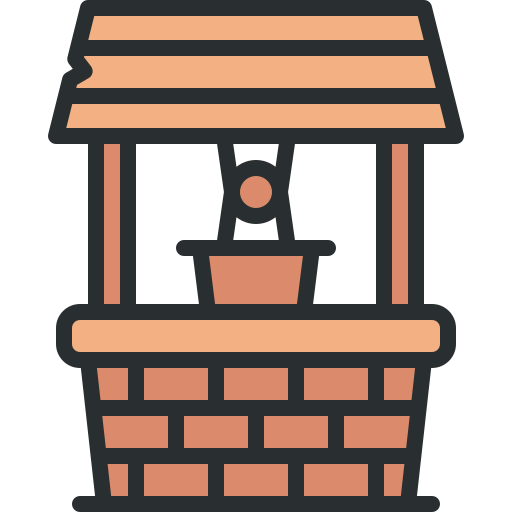⚘Branch thought from Shaping paradise into existence – or: “a website is real estate”
Table of Contents
Modern apps – easy entry, inconvenient interior
Modern apps convinced us that the standard mode of interaction with software must involve easy entry, but a demanding existence inside. We are being continuously asked for our cookies, our IDs and secret phrases, our time to fill out surveys and review products, our consent to stay “up to date” with offers. We are shown ads, nudged to skip terms of service, invited to upgrade our membership, to explore the most recent updates, to have to adapt to constant interface changes and new features we never asked for. We are told to subscribe, to sign in, to be online, to link our email accounts to every single service, and on and on.
The entry fee seems like a bargain: we simply download the program from the app store, and minutes later we are enjoying its broad range of features. We walk past the gates of a beautiful hotel without much fuss; the concierge welcomes us with a wide smile and gestures us into the elegant lobby. We feel privileged, and we found this hotel almost instantly, just as soon as we decided to take the trip. It felt too good a deal to pass up.
However, once inside, we realise that nothing is truly free. We cannot simply exist in this hotel; everything we want to do comes with a fee and some form of paperwork. The staff hovers constantly offering their services for a tip, or urging us to try out this or that premium class, and it goes on. We sigh as we wave them away, longing to retreat into our rooms and lock ourselves in until the end of our stay. It is far from ideal. We have already spent our money on the reservation and now we begin to wonder what the alternative looks like. But we are already midway through our trip, so. we try to enjoy it as much as we can.
Old apps – inconvenient entry, easy interior

Days after the trip we hear of an alternative that had been right under our noses all along. It is hard to find this private residence. It is tucked away on a hill behind the rows of towering modern hotels, surrounded by a knot of labyrinthine narrow streets. You have to ask around to find it, and it has long vanished from the GPS map. Once you reach the gate, you must clap or whistle for the bright-eyed old guard to let you in. His venerable bloodhound will be intrigued, sniffing you all over, curious and thorough, leaving strings of saliva on you and your companions.
Old programs, back when they were still just “files” rather than “apps”, might seem cumbersome to access by today’s standards. There was no cloud, no app store to download them from. But once we acquired them, they asked nothing else from us. We merely had to open them and enjoy their functions, no strings attached.
Hopefully we will very soon reach a point where navigating these “labyrinthine narrow streets” that lead to old-fashioned software (the detours one must take to find them as we are continuously being funneled toward the standard, all-absorbing gateways of app store search functions and SEO-optimised search results) becomes the public preference by default.
Perhaps one day soon, taking the scenic route through the back alleys of the internet to find old-fashioned software will no longer feel like resistance, but the obvious choice.
Indie software that isn’t built upon the predominant “big hotel” business model described above would be easier to find. And it would be more prominent in the public consciousness, where more talented creatives could craft modest digital tools that simply do the job, with no caveats, so that people can indeed get the job done and move on with their lives and projects. No more wasting time and cognitive energy wading through the bloated suite of features of big hotel apps just to find a single function, or pushing against their subscription-model agendas.
To extend this utopian vision further: what if creating your own simple software became a demystified, everyday pursuit? The conditions for this fantasy to take shape are becoming increasingly foreseeable.
The interior is spacious yet simple. It gets the job done, and you are free to add your own touches to give it a bit of your own flavour. The owners are discreet; they seem to run this place for the pleasure of hosting polite guests rather than for profit. Their home is just down the road: a charming and modest house that shares the same sublime view of the coast extending beyond the hill.
Behind you, in the opposite direction and in the distance, the hulking outlines of the hotels still loom in the distance, their countless balconies like a rigid grid, severely printed upon a massive fossilised husk. The soaring aroma of fire being lit for the neighbourhood barbecue reaches your nostrils.
Easy entry and inconvenient interiors, or inconvenient entry and easy interiors? It was hard to reach this place, but from here on out, it is going to be smooth sailing.
✵

Leave a Reply